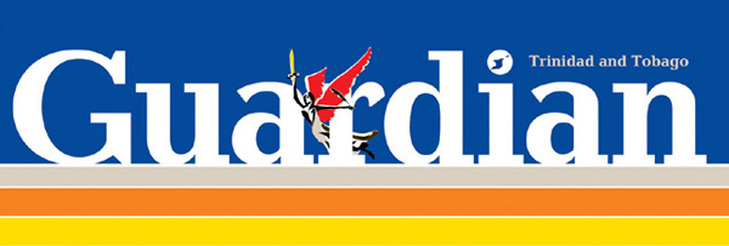These points of view come to mind when thinking about CARICOM’s establishment of reparations committees in all 15-member states. And the UK and US response where surveys suggest there is no public support whatsoever for any form of compensation to ex-colonies for slavery and colonialism.
The arguments against are numerous. For example, persons alive today had nothing to do with these historical events and should not be liable; or that slavery can be identified throughout history and as such it’s nonsense to hold ex-colonial powers liable for this.
While some arguments make sense others suffer from a lack of understanding about the significance of slavery, colonialism and imperialism in the current social, economic and cultural situation of the modern Caribbean.
This is not surprising. The education system in places like the UK has for centuries misrepresented how central the European slave trade was to the development of the international capitalism built for Euro-American society. Many British commentators blame Africans and Arabs for the slave trade, which is a misunderstanding of times, places and events. Or they say how morally grand Great Britain was for abolishing slavery, ignoring the fact that for capitalism to move to a new level its architects had no other choice.
Not only are the populations of ex-colonial nations misinformed about slavery and colonialism it seems they are misinformed about what ex-colonies are saying. As UWI Historian Prof Bridget Brereton told the Trinidad Guardian last week there is a “very compelling moral and legal case for Britain and other countries to pay reparations for slavery…The difficulty will be conceptualising how reparations should be made. As far as I understand, no one is calling for a single transfer of money…they firstly want Britain to make a full apology for the crimes.”
Perhaps a better way to conceive of what Caribbean nations – and African ones too – might want, or rather need, is to forgive the debt Caribbean nations owe to institutions that have stunted our development – such as the IMF, the World Bank, the WTO and the individual nation-states of Europe and North America.
Another idea is rewriting trade agreements like the recent ‘Economic Partnership Agreement’ (EPA) entered into by what Fanon would call “a group of [CARICOM] sell-outs”. Supposedly the European Union has provided this agreement for the liberalisation of trade and investment between the two regions and the binding of investor-friendly government policies; yet in really it is another system for further underdevelopment, pauperisation, and division amongst our local populations.
And this is really the crux. Development and development aid in the Caribbean, from the earliest colonial days to our current neo-colonial ones has been tied to the ideas and wants of the ex-colonisers. Their development over the last 250 years has been as Walter Rodney pointed out at the expense of the underdevelopment of ex-colonies.
The European slave trade took bodies in the 100s of millions that would have developed their own continent. Colonialism massacred the indigenous populations of the Caribbean that had their own societies and cultures in order to steal their lands and add to European coffers.
The islands and lands of the Caribbean not only suffered colonialism and slavery but in more modern times imperialism. As our islands tried to develop in the early 20th century a well-intentioned Creole Nationalism overwhelmed them and acted as a Trojan horse for dependencies, low per capita income and colonial/post-colonial oppression.
In the latter half of the 20th century our islands were then tied into IMF and World Bank loans that destroyed their ability to make economic and social decisions for themselves, with massive consequences.
One was that so-called “development” led to economic retardation, political instability and the pauperisation of a large percentage of the Caribbean population. This is most apparent in places like Jamaica and Haiti but you also see the consequences within the underdevelopment of Caribbean political life itself.
So in this light perhaps reparations are not simply about the issue of compensation for long ago events during colonialism. They can also be seen as freeing many ex-colonies from an abusive and criminal imperial relationship forged through debt liabilities they were forced or misled into.
http://guardian.co.tt/columnist/2013-11-24/why-reparations-matter

 RSS Feed
RSS Feed